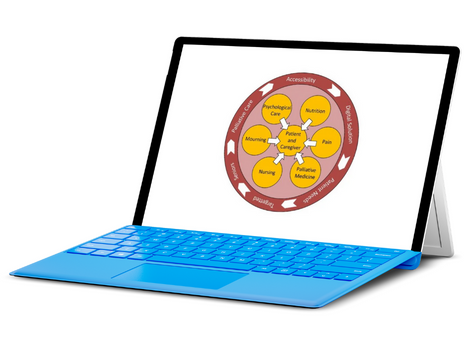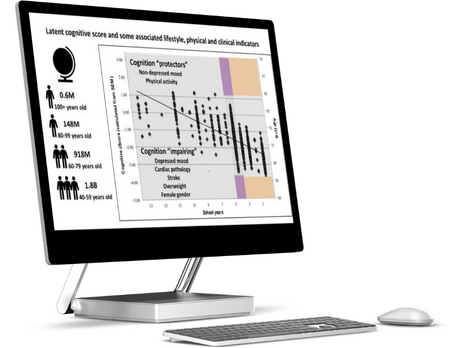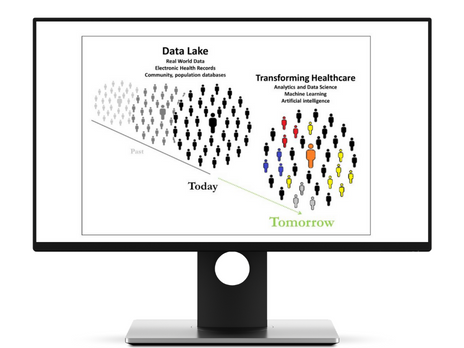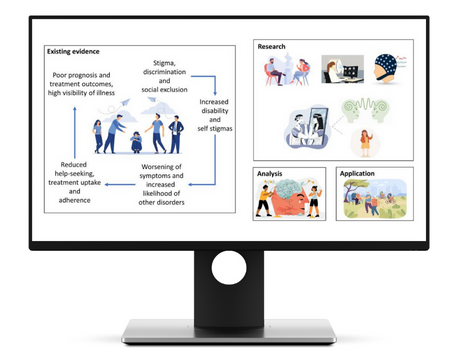Scientific Highlights
1. Domingos C, Pêgo JM, Santos NC (2021) Effects of physical activity on brain function and structure in older adults: a systematic review. Behavioural Brain Research 402: 113061. doi: 10.1016/j.bbr.2020.113061
2. Rodrigues B, Asamane E, Magalhães R, Sousa N, Thompson J, Santos NC (2020) The association of dietary patterns with cognition through the lens of neuroimaging—a systematic review. Ageing Research Reviews 63(2020):101145. doi: 10.1016/j.arr.2020.101145
3. Amorim L, Magalhães R, Coelho A, Moreira PS, Portugal-Nunes C, Castanho TC, Marques P, Sousa N, Santos NC (2018) Poor sleep quality associates with decreased functional and structural brain connectivity in normative aging: a MRI multimodal approach. Frontiers in Aging Neuroscience 10:375. doi: 10.3389/fnagi.2018.00375
4. Castanho TC, Sousa N, Santos NC (2017) When new technology is an answer for old problems: the use of videoconferencing in cognitive ageing assessment. Journal of Alzheimer’s Disease Reports 1(1):1-7. doi: 10.3233/ADR-170007
5. Castanho TC, Portugal-Nunes Carlos, Moreira PS, Amorim L, Palha JA, Sousa N, Santos NC (2016) Applicability of the Telephone Interview for Cognitive Status (Modified) in a community sample with low education level: association with an extensive neuropsychological battery. International Journal of Geriatric Psychiatry 31:128-36. doi: 10.1002/gps.4301
6. Santos NC, Costa PS, Cunha P, Portugal-Nunes C, Amorim L, Cotter J, Cerqueira JJ, Palha JA and Sousa N (2014) Clinical, physical and lifestyle indicators and relationship with cognition and mood in ageing: a cross-sectional analysis of distinct educational groups. Frontiers in Aging Neuroscience 6:21. doi: 10.3389/fnagi.2014.00021
7. Santos NC, Costa PS, Cunha P, Cotter J, Sampaio A, Zihl J, Almeida O, Cerqueira JJ, Palha JA, Sousa N (2013) Mood is a key determinant of cognitive performance in community-dwelling older adults: a cross-sectional analysis. Age (Dordr) 35:1983-1993. doi: 10.1007/s11357-012-9482-y
8. Member Life and Health Sciences Ethics Committee (CEICVS) at University of Minho
9. Principal Investigador (PI), “GIRO Project: A digital activity platform for seniors in social isolation” (FCT – Fundação para a Ciência e a Tecnologia (Portugal), Contract grant RESEARCH4COVID 078_596650495)












